The 2024 crop is expected to face many difficulties due to the short transition period, labor shortage, unpredictable weather and pests and diseases, etc. Therefore, in order to produce successfully, localities need to proactively develop appropriate production plans, be ready to deal with difficult situations, and mobilize resources to focus on planting as soon as possible.
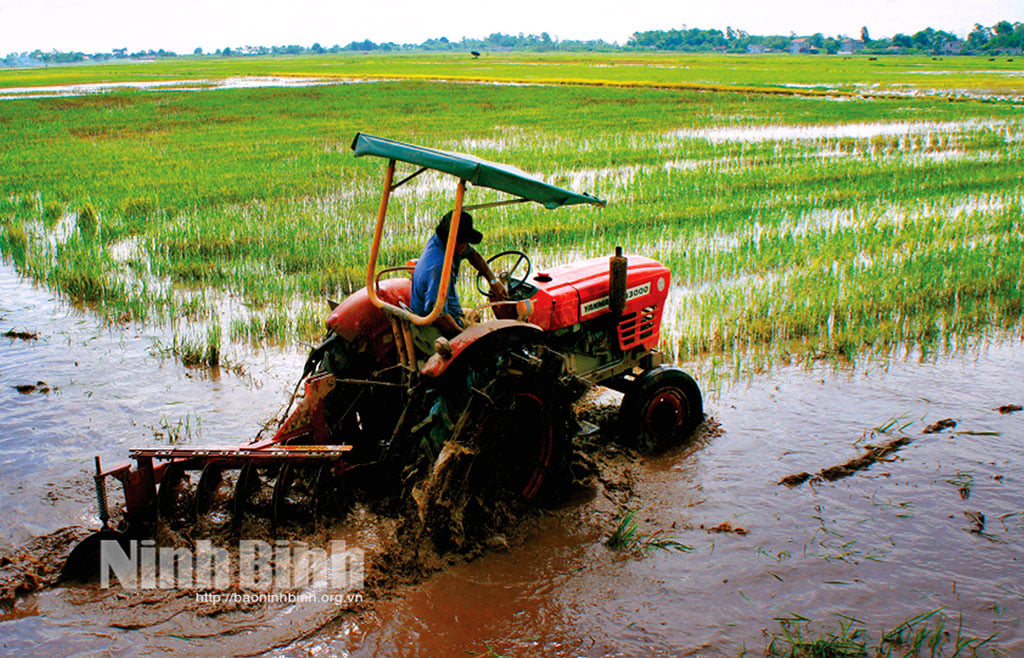
Land preparation for the Summer-Autumn crop in Yen Nhan commune (Yen Mo). Photo: Anh Tuan
Difficulties and advantages intertwined
According to the Ninh Binh Hydrometeorological Station, the weather in the 2024 Summer-Autumn crop is likely to be very complex and unpredictable, strongly affected by climate change. There may be strong storms with complex movements and strong winds during the rainy and stormy months. In addition, it is necessary to guard against dangerous weather phenomena such as tornadoes, lightning, hail and strong gusts of wind during the transition months. In particular, heavy rain during the planting period will be very disadvantageous.
In addition to unpredictable weather developments, the situation of plant pests in the Summer-Autumn crop is often complicated. Comrade Nguyen Thi Nhung, Head of Technical Department, Department of Cultivation and Plant Protection (BVTV) of the province said: Due to the short transition time from the Winter-Spring crop to the Summer-Autumn crop, the source of accumulated pests and diseases transferred to the season such as: Two-spotted stem borer, various types of planthoppers, rats, especially black-striped dwarf disease, which has the potential to re-emerge, greatly affecting production.
In addition, this year's winter-spring crop, due to the influence of the weather, the growing period was extended, and the rice harvest was about 5-7 days later than usual. Thus, the time from harvesting the spring crop to sowing the summer crop is very short, the straw does not have time to decompose, easily causing organic poisoning to the newly planted rice, which will be difficult not only in terms of time but also in terms of manpower, harvesting, sowing and tilling the land. Meanwhile, agricultural workers continue to shift to non-agricultural occupations, especially young workers, causing a shortage of labor in production.
Despite such difficulties, in return, many scientific and technical applications are now widely applied in production, such as tray sowing, transplanting machines, harvesters, straw rollers, tillers, etc., which will help farmers both take advantage of the season and reduce labor and production costs. The prices of agricultural materials (fertilizers, pesticides) are currently relatively stable, the winter-spring rice crop is good, with good prices, creating conditions and motivation for people to feel secure in production. The direction, management and operation, experience in organizing and implementing at all levels, sectors and farmers' awareness have been raised, especially in developing plans and solutions to prevent adverse weather developments.
Flexible response
According to the plan, in the 2024 Summer-Autumn crop, the whole province aims to cultivate over 34,500 hectares of various crops, of which rice is over 31,000 hectares, the rest are vegetables. Strive to grow 80% of high-quality rice, glutinous rice, and specialty rice; and over 50% of transplanted rice. Continue to expand the production area of rice and vegetables in an organic direction, following the value chain.
To complete the production target of the Summer-Autumn crop with high productivity, output and value, according to comrade Nguyen Ngoc Tuan, Deputy Head of the Provincial Department of Crop Production and Plant Protection, the Department of Agriculture will continue to coordinate with localities to promote the restructuring of crops and plants towards improving productivity, quality and efficiency, creating many products with commodity value. Acquiring and applying technical advances, especially new crop varieties, synchronous mechanization of land preparation, transplanters, harvesters, spraying aircraft, etc.
Responding to unusual weather developments, the Department of Agriculture recommends that localities, based on land conditions, intensive farming level, infrastructure, weather developments over many years and weather forecast for the 2024 Winter-Spring crop, arrange tea and rice varieties reasonably with the motto: Arrange Early Season tea reasonably for early harvest, limit damage caused by storms, free up land for the Winter crop; plan Late Season tea production areas to develop specialty, high-quality rice varieties for high economic efficiency.
In fact, continuous heat waves or heavy rains can severely affect the areas of sown rice and newly planted crops. Therefore, farmers must closely monitor short-term and medium-term weather forecasts to proactively soak seeds and plant to avoid drought and heavy rain immediately after sowing; respond flexibly and quickly overcome the impacts of unusual weather. In addition, farmers also need to proactively sow 10% more rice seedlings than the sown area and reserve short-term rice seeds for 20% of the sown and planted area to meet production needs when facing natural disasters at the beginning of the season.
Faced with the fact that Winter-Spring rice grows and develops for a long time, leading to a later harvest than in previous years, to ensure the season, localities must mobilize forces to quickly harvest Winter-Spring rice, implementing the motto "Green at home is better than old in the fields". Take advantage of all conditions, increase mechanization of land preparation, mobilize resources to focus on planting as soon as possible. Under normal weather conditions, the whole province strives to complete the planting of Early Winter-Spring rice before June 30 and finish planting the entire Winter-Spring rice area before July 25.
Regarding care and harvesting, bury the stubble deeply to decompose the stubble, avoid the situation of newly planted rice being poisoned by organic matter in hot weather conditions, limit the habitat of planthoppers and destroy the source of black-striped dwarf disease that harms rice. Increase the use of organic microbial fertilizers and organic microbial preparations to decompose stubble to limit poisoning in rice. The provincial Department of Crop Production and Plant Protection coordinates with localities to closely monitor and accurately forecast harmful organisms such as: rats, small leaf rollers, brown planthoppers, various planthoppers, 2-spotted stem borers, small leaf rollers, weedy rice, various planthoppers, silver leaf disease, bacterial stripe spots, etc. to have timely and effective prevention and control measures. The use of plant protection drugs must comply with the "4 rights" principle, do not spray pesticides indiscriminately, affecting the environment and public health.
With many years of production experience, close and timely leadership and direction from Party committees and authorities at all levels, and the creative working spirit of farmers in the province, we believe that the 2024 Summer-Autumn crop production will achieve comprehensive victory.
Nguyen Luu
Source


![[Photo] Moment of love: Myanmar people are moved to thank Vietnamese soldiers](https://vstatic.vietnam.vn/vietnam/resource/IMAGE/2025/4/3/9b2e07196eb14aa5aacb1bc9e067ae6f)
![[Photo] Prime Minister Pham Minh Chinh chairs meeting after US announces reciprocal tariffs](https://vstatic.vietnam.vn/vietnam/resource/IMAGE/2025/4/3/ee90a2786c0a45d7868de039cef4a712)

![[Photo] A brief moment of rest for the rescue force of the Vietnam People's Army](https://vstatic.vietnam.vn/vietnam/resource/IMAGE/2025/4/3/a2c91fa05dc04293a4b64cfd27ed4dbe)
![[Photo] General Secretary To Lam receives Japanese Ambassador to Vietnam Ito Naoki](https://vstatic.vietnam.vn/vietnam/resource/IMAGE/2025/4/3/3a5d233bc09d4928ac9bfed97674be98)
![[Photo] Special relics at the Vietnam Military History Museum associated with the heroic April 30th](https://vstatic.vietnam.vn/vietnam/resource/IMAGE/2025/4/3/a49d65b17b804e398de42bc2caba8368)

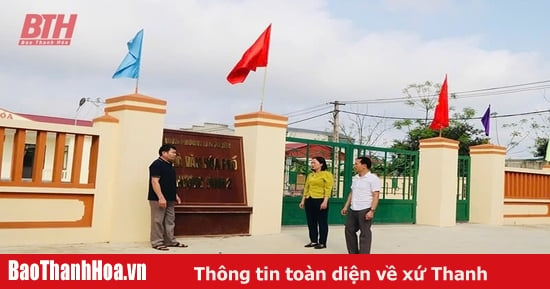
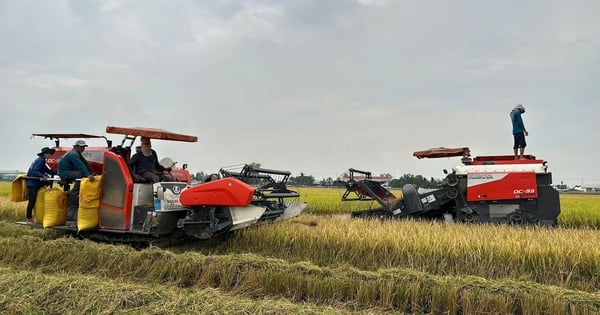

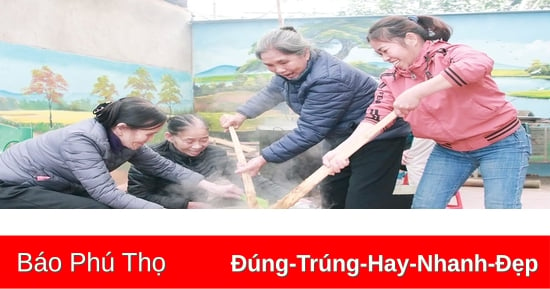






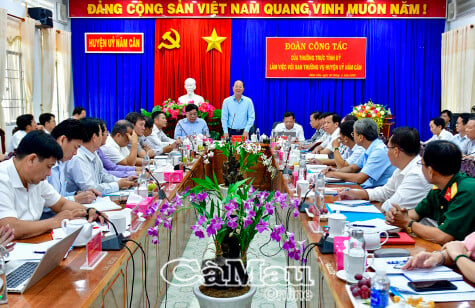
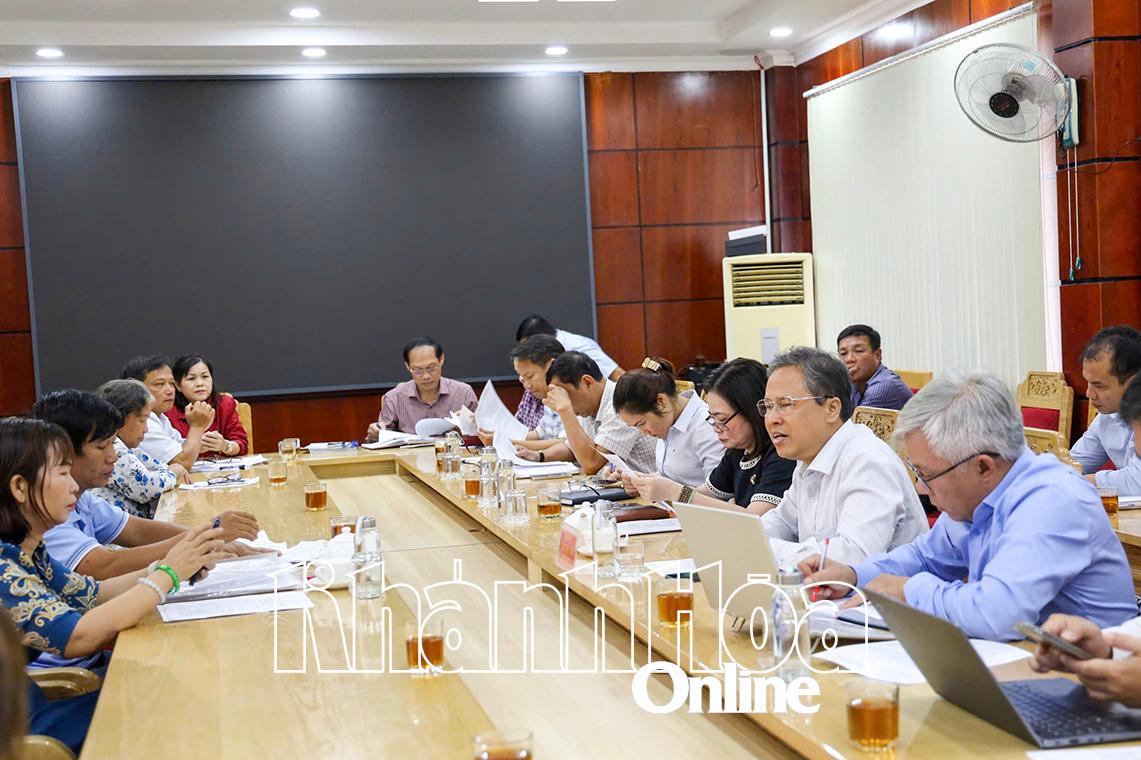





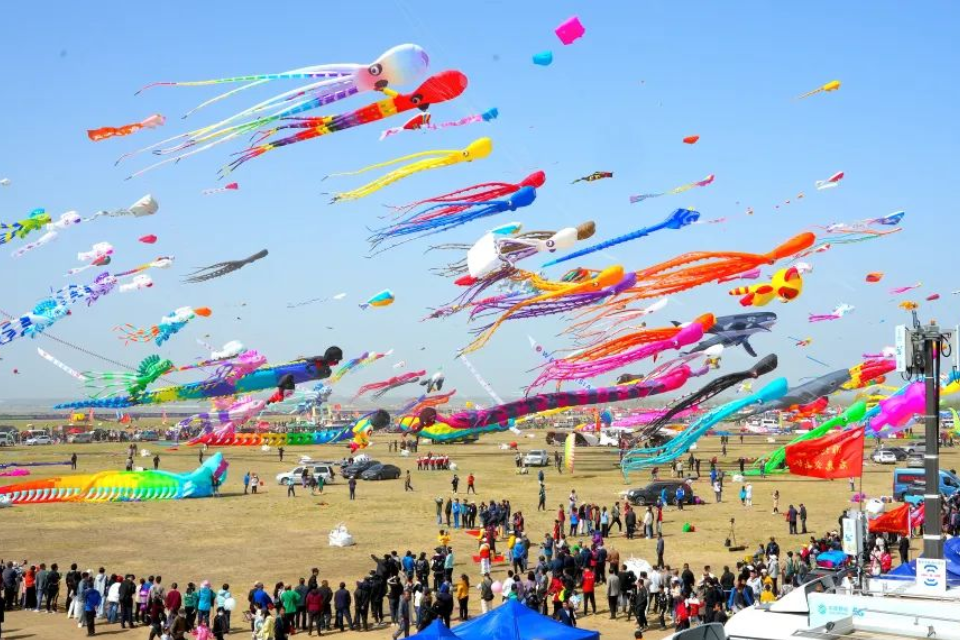
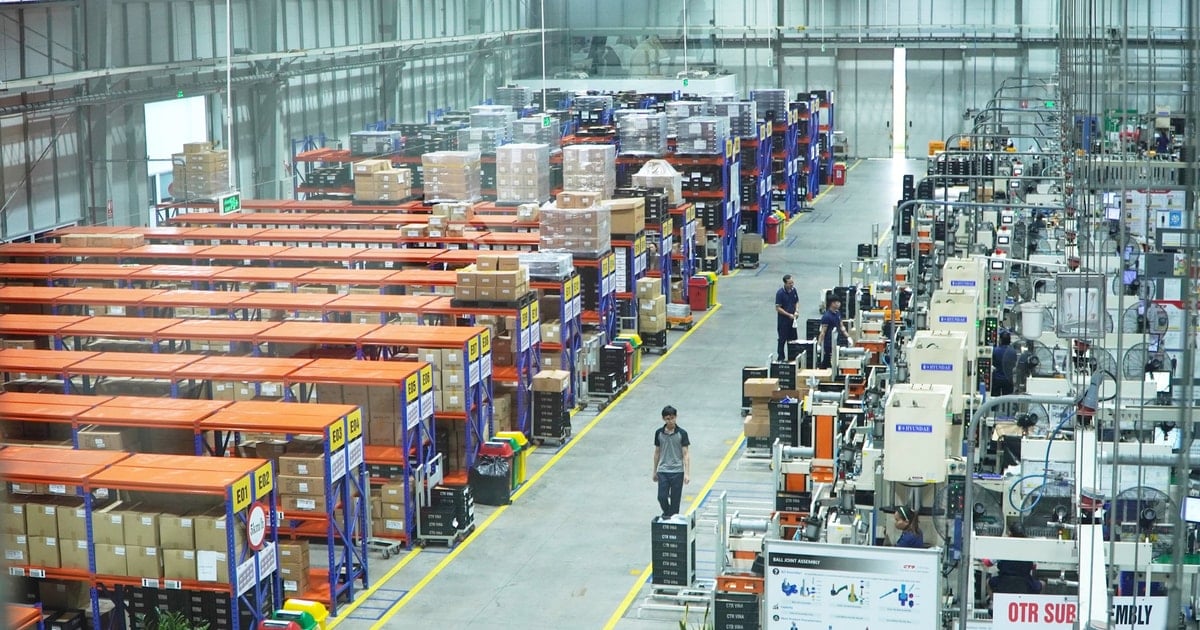
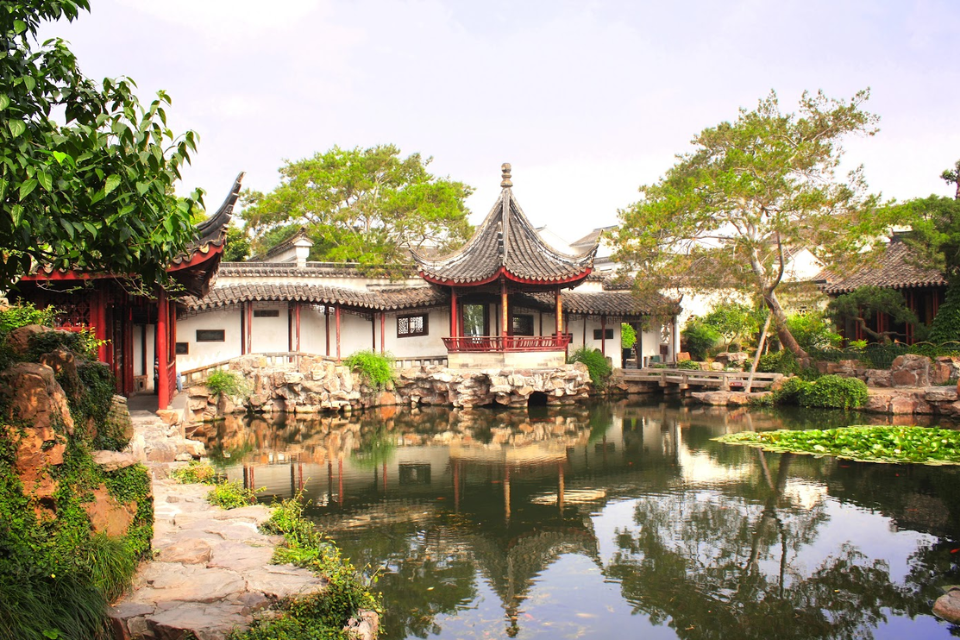

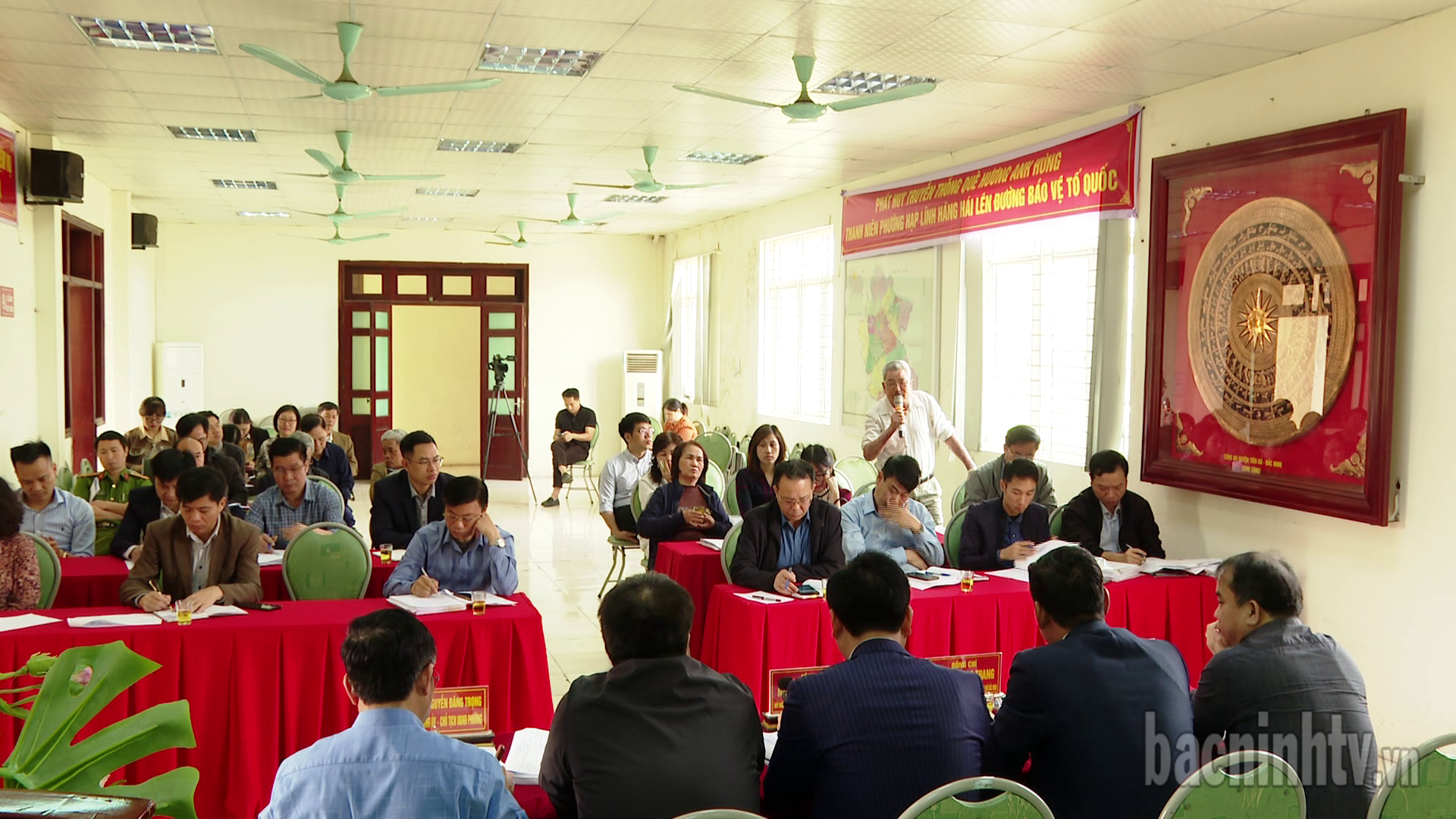










































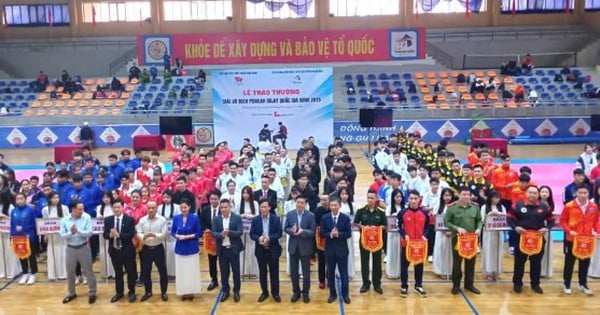


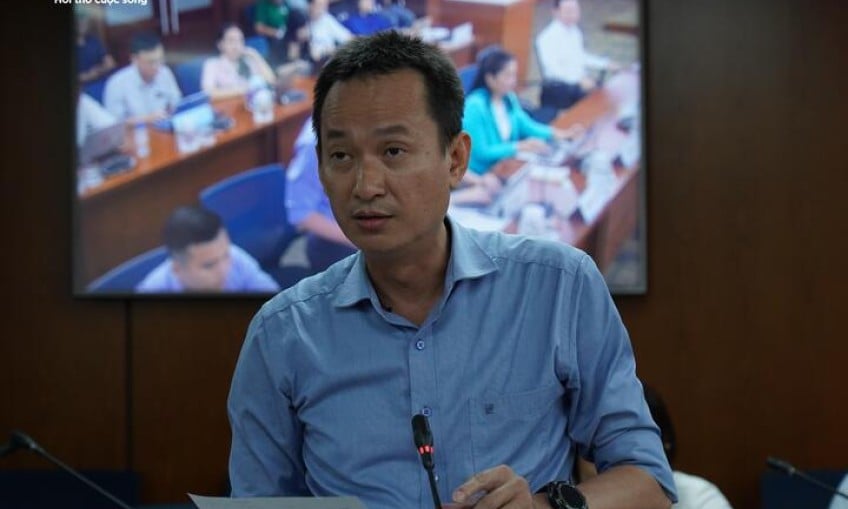














Comment (0)